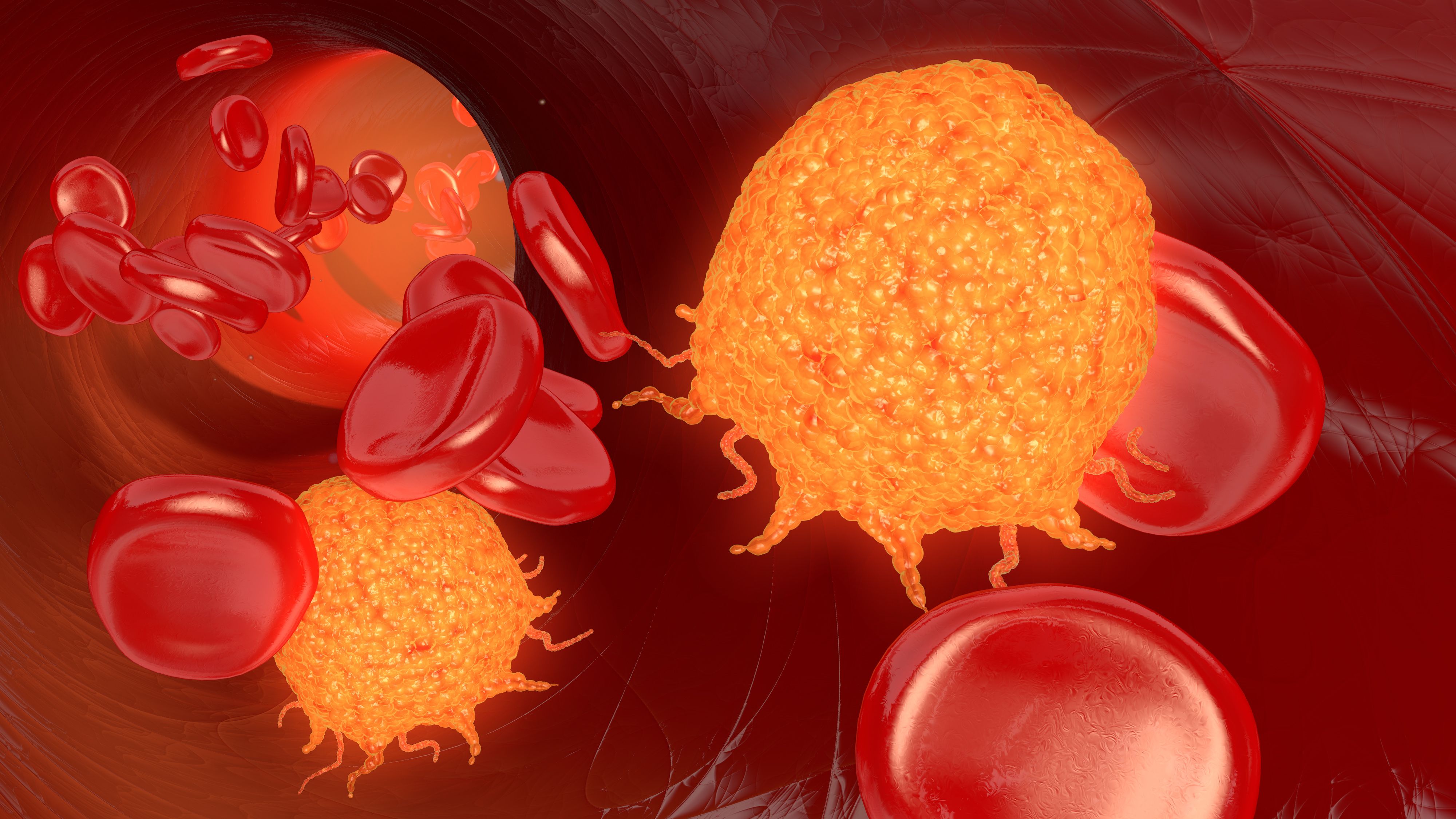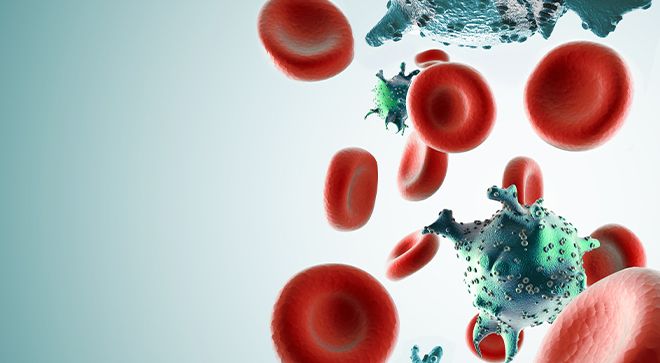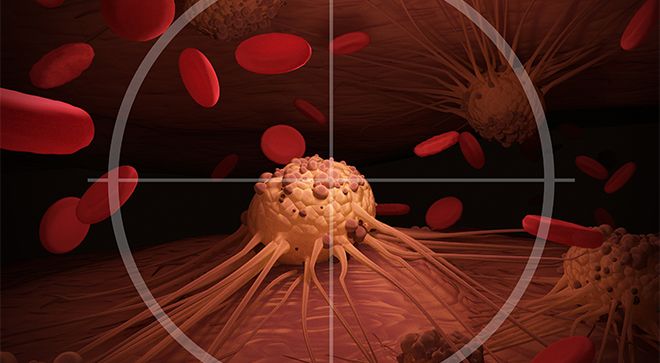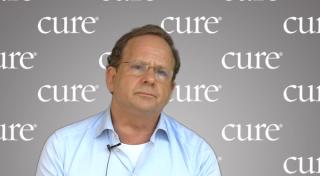
Mantle Cell Lymphoma
Latest News
Latest Videos
More News
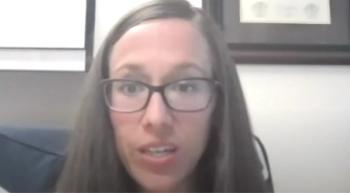
Dr. Lori A. Leslie discuses the potential of combination therapies with the emerging agent cirmtuzumab for patients with mantle cell lymphoma.
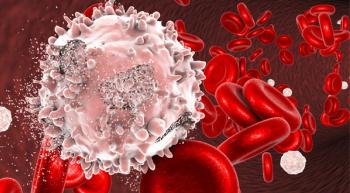
“Moving forward, (bendamustine and Rituxan) will likely become a common backbone for the incorporation of other cytotoxic or novel agents in an attempt to further improve outcomes while maintaining an effective, safe, and ideally outpatient regimen for MCL,” the authors wrote.
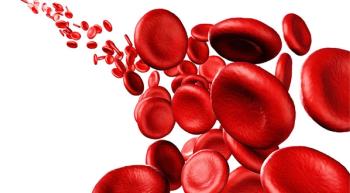
A roundup of the latest news and updates for patients with mantle cell lymphoma from CURE®.

“It really is an exciting time for patients with lymphoma, because the options are just really exploding at a very encouraging rate,” said Dr. Lori A. Leslie.

“The FDA approval of (Tecartus) will change the way we treat patients with relapsed MCL forever and for the better,” said Dr. Michael Wang.

The Food and Drug Administration has had a busy summer, approving new agents to treat a variety of cancers. Here are five recent approvals that patients with cancer may have missed.
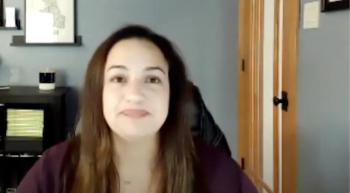
There are some job protected options for patients with cancer, survivors and caregivers to consider when it comes to returning to work during the COVID-19 pandemic. But, as one cancer rights attorney notes, there are many challenges to those options.

The FDA’s approval of Tecartus for adults with relapsed or refractory mantle cell lymphoma (MCL) is based on data that showed that the CAR T-cell therapy induced a response in 87% of patients.

Patients with cancer have been encouraged to reach out to legislators and share their personal stories and advocate for why they think continued funding is important to further cancer research.
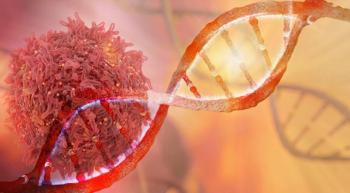
“We learned from previous prospective studies (that) using chemoimmunotherapy for those patients with TP53 aberrations, the survival data compared with others that do not harbor this mutation are much less favorable,” said Dr. Jia Ruan.
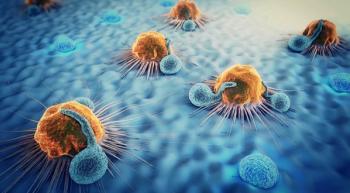
“It is important to note that the data predates the widespread use of BTK inhibitors and even cellular therapies such as CAR T-cell therapy, specifically,” Dr. Reem Karmali said in an interview. “And so, it doesn't reliably reflect the potential advancements and survival that we've been able to achieve with these novel targeted therapies.”

To commemorate National Cancer Survivors Day on June 7, CURE® invited its readers to share their encouraging stories of survival.
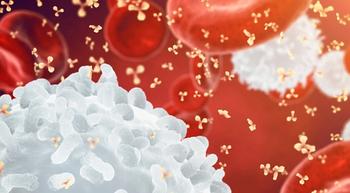
“Altogether, this pharmacological data supports the concept of CAR T-cell therapy being able to overcome MCL disease with poor risk factors,” said lead study author Dr. Luhua (Michael) Wang.
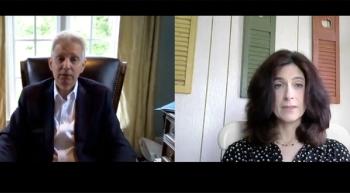
“We now have second and third generation cousins of thalidomide that are very useful. So, lenalidomide in combination with rituximab is an effective therapy for mantle cell lymphoma that voids some of these adverse events that I’m talking about,” said Dr. Ian Flinn. Hear more about this treatment in his interview with CURE®.
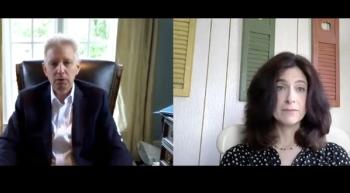
“I think we’re in a midst of a real shakeup in our treatment paradigms for patients with mantle cell lymphoma, or at least we will be in the next few years,” said Dr. Ian Flinn in an interview with CURE®.
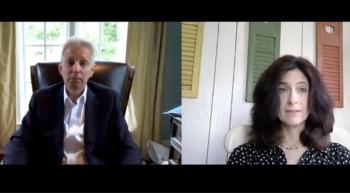
The development of bispecific antibodies and antibody drug conjugates could be exciting advancements for patients with lymphomas, including mantle cell lymphoma, according to Dr. Ian Flinn.
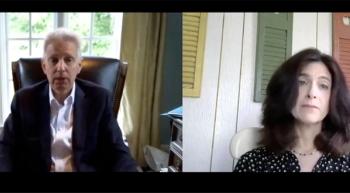
Evidence shows that Bruton’s tyrosine kinase inhibitors, one of many targeted therapies, are highly effective in patients with mantle cell lymphoma.
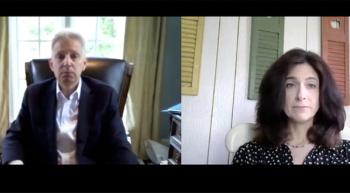
The evolution of CAR T-cell therapy has been an exciting development for the treatment of all lymphomas, including mantle cell lymphoma, according to Dr. Ian Flinn.

Precision medicine is improving outcomes for aggressive types of lymphomas, such as mantle cell lymphoma.

Velcade not only delays the progression of mantle cell lymphoma when given after stem cell transplant but also prolongs survival. However, the treatment comes with significant side effects.

Patients with mantle cell lymphoma who were eligible for stem cell transplant saw a 97% overall response rate to a three-drug regimen, according to findings from two clinical trials.
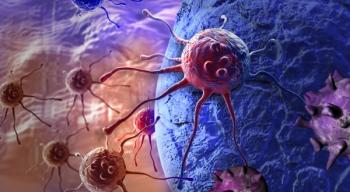
At one-year follow-up, phase 2 clinical trial results showed that most patients with relapsed or treatment resistant mantle cell lymphoma responded to chimeric antigen receptor (CAR)-T cell therapy.

An expert sheds light on the latest therapies in clinical trials and promising drug combinations to thwart the aggressive disease.
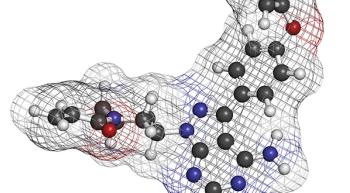
Patients with relapsed/refractory mantle cell lymphoma saw more favorable responses with the BTK inhibitor Imbruvica (ibrutinib) than with chemotherapy, according to nearly a decade of data.
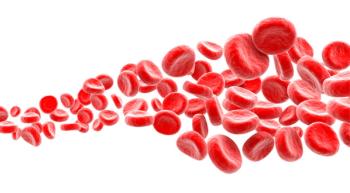
Patients with the aggressive blood cancer can turn to immunotherapies like CAR-T cell therapy when disease recurs or becomes resistant.

